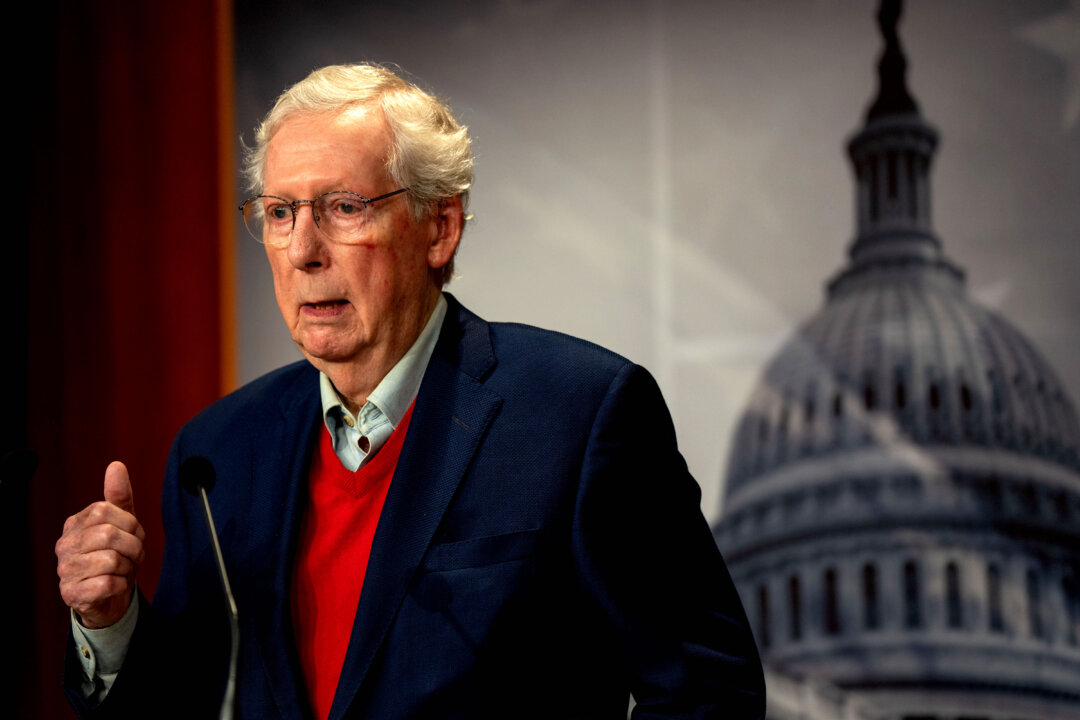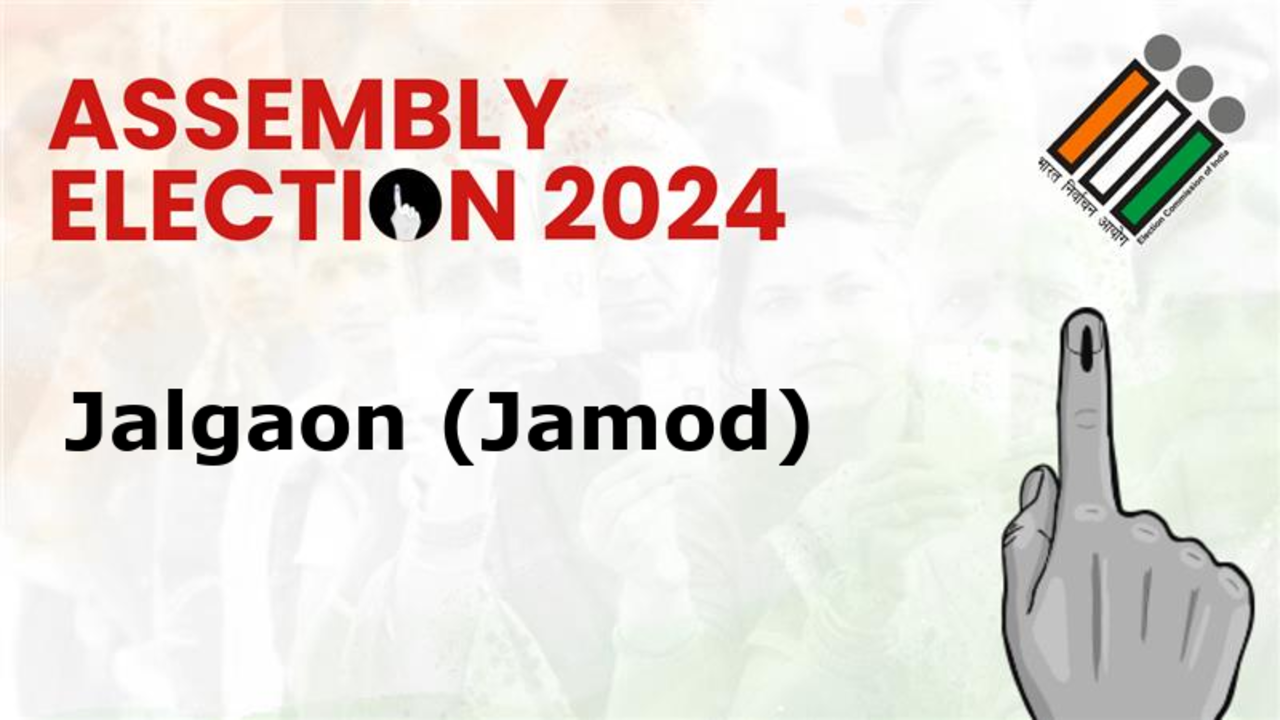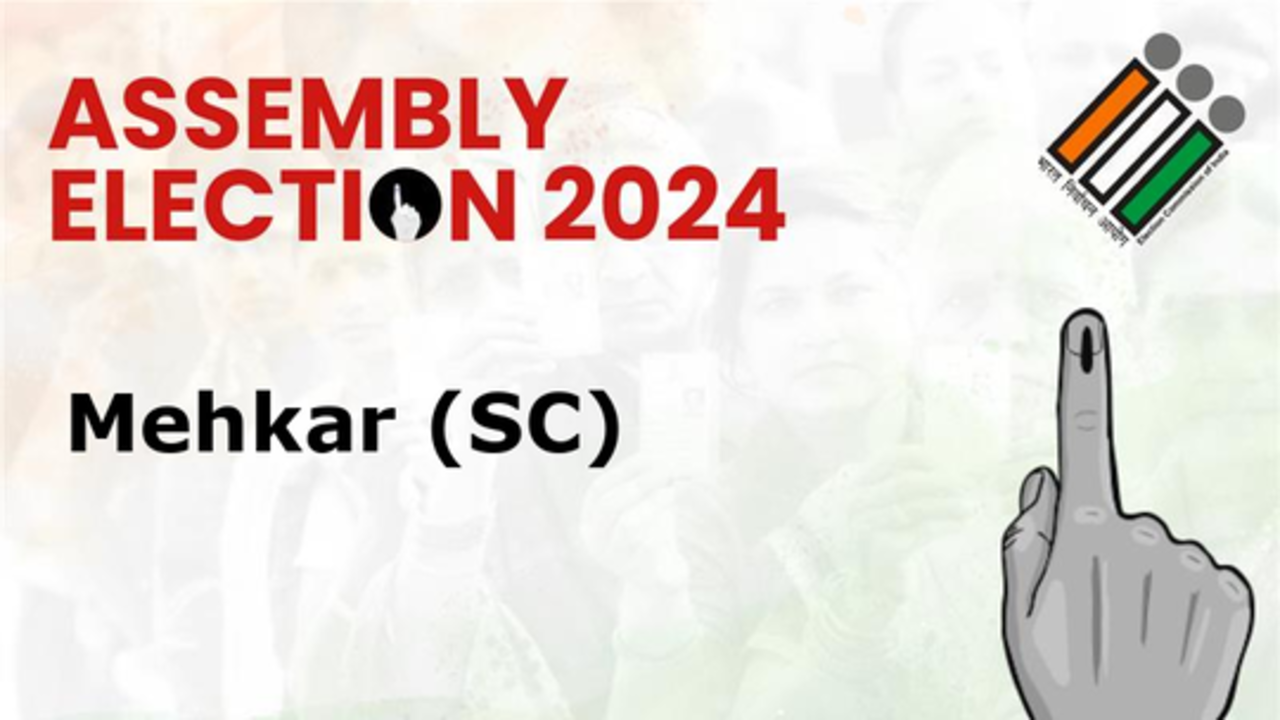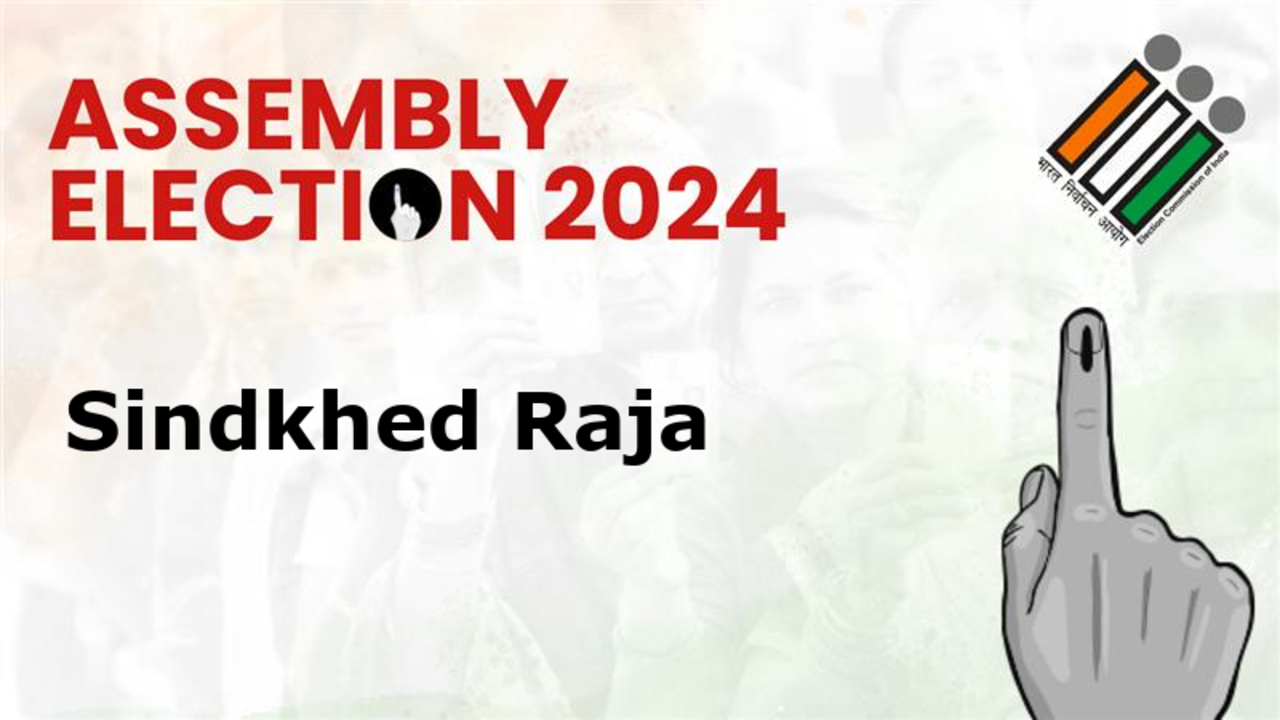
Solo performance is a concept that is peculiar to all human race and culture. As a matter of fact, solo performance predates choruses or group singing. The Yoruba culture and Yoruba music tradition follows praise singing, panegyric or eulogy of a god, king, clan or family long before the development of sophisticated musical instrument in Yorubaland.
Even with the advent of musical instrument like shekere, agogo, gangan, Iya ilu, gbedu, sakara, omele, etc., Yoruba often adopts solo performer or cultural orator who may or may not be an instrumentalist using any of the musical instrument listed above to serenade a person or entertain their listeners. Akin Euba perfectly depicts the nexus between these instruments and solo performance in his work ‘The Wanderer’.
This perhaps explains why majority of the original work of the forebears of Yoruba Native Air (YNA) church music wrote their music in unison. Rev (Dr). A.
T.O. Olude in particular adopted this approach as testified by many of his contemporaries including his own children.
He was said to have adopted that approach in other to preserve the true identity of the Yoruba language as harmonising it in parts may distort some of the real meaning in order for it to fit into western score and scale. It is on record that he wrote just like his predecessor, the late Rev. James Jesse Kuti who composed majority of the Native Airs in the appendix to the popular Iwe Orin Mimo Fun Ijo Enia Dudu Ni Ile Yoruba.
Rev. Kuti is considered to be the progenitor of intellectualism in native airs as showcased in the richness of his effort in the appendix of the cited iconic Iwe Orin Mino, first published in 1923 by CMS Bookshop. Though many of the Yoruba church music composers of the 20th century wrote most of their music in unison, the part identification of SATB (Soprano, Alto, Tenor and Bass) were later introduced by other composers in tonic solfa which were mostly unpublished.
Yet, harmony is often identifiable in their rendition. Since this paper is about solo compositions, it is important I mention straight away that many of the 21st century Yoruba composers wrote solos for specific parts but in a style and rhythm that is more fluid than their western counterparts. This makes their solos convenient for rendition across parts.
It is trite that a soprano or treble voice will find it more convenient singing a tenor solo and vice versa, the same fact is also true of alto and bass voices. The tenor voice appears to be the most adaptive of all the parts and more suitable to sing solos composed for other parts. This perhaps explains why the Nigerian church music scenes has proliferation with tenor soloist with very few reaching the more celebrated heights attained by the bass and baritone counterparts.
This is with due respect to the likes of Sina Ojemuyiwa’s of this world. This is not to say that Yoruba native air is all about unison, far from it. The last two century witness the evolvement of Yoruba classical native airs anthem written to parts with a huge percentage written in non-Yoruba language such as Salve Christe by Theophilus Ayo Bankole, Samuel by T.
K.E. Phillips, Fela Sowande – Out of Zion and Akin Euba’s – Black Bethlehem to mention but a few of the composers of 20th century non-Yoruba collections of the Yoruba artists.
I must admit at this juncture that most of the Yoruba Solos were composed mostly for the soprano and the bass parts. However, Yoruba duet compositions did not follow that same trend as it chooses instead, the more common path of soprano and tenor duet combination. G.
F. Handel, Henry Purcell and J.S.
Bach are masters in this regard while the likes of Bidemi Oyesanya’s try to emulate the masters with his Yoruba duet titled SALABO MI. The following are some of the evergreen native airs Yoruba solos of the 20th and 21st centuries: Soprano – Ateinbo Wa Fun Jesu – by Seun Owoaje, Iyawo Ti Agbe L’ana, Omo Yin Dara and Omo Wa Dara (Three Wedding Songs) – by Godwin Sadoh, Oluwa Mi / Ona Nla Ni – Ayodamope Oluranti, Mura Sise – by Alaba Akinselure and of course, Adura Fun Alafia – by the legendary Ayo Bankole to mention a few. Alto – Nwa N’Akwa Akwa (none—Yoruba) – by Laz Ekwueme.
Tenor – Gb’ope Mi. Oluwa! Ayodamope Oluranti Bass – Adura Fun Alafia and Iya (Three Yoruba Songs) – both by Ayo Bankole, Oluwa Gbo Adura Mi, Jesu Oba Ogo and Orin Ayo – by Godwin Sadoh, Baba Agba – by Bidemi Oyesanya, SAN and Jerusalem Titun by Ayo Oluranti. I must also mentioned that TKE Phillips and is protégé Fela Sowande adopted the tutti versus solo style well in some of their Yoruba native airs compositions.
This simply means STAB with solo intervals. This can be easily seen in T.K.
E. Phillips’s E Mi O Gbe Oju Mi Si Oke Wonni and Fela Sowande’s Ona Ara where both composers deployed bass solo amidst full choir. Others like Laz Ekwuemi explored the style in works like Ote Nku and Ozi Oma, Ayodamope Oluranti also experimented with a lot in his works.
One that readily comes to mind is Messiah Baba Mi which featured a soprano solo. Some of the other composers that equally tried out similar style include Ayo Ajayi with Agbanilagbatan, Ishola Farore – Titobi L’Oluwa, Bidemi Oyesanya – K’a Jire Arranged by Ayo Ajayi, and Ayo Ajayi with his ‘Ijoba Orun’ to mention but a few. As for the artists and performers of the above beautiful Yoruba solos and others not mentioned in and around Lagos during the period under reference, are notable and legendary soloist listed below against their respective parts.
I crave the indulgence of the readers for my exclusion of notable treble boys of the period under reference as most of the boys later grew to become distinguished soloist in the other parts. As we all know, treble voice is naturally transient. A classic example is Tunde Sosan, who was a treble boy and a cathedral descant voice and soloist at the Cathedral Church of Christ Marina.
He has since risen to the post of the Master of the Music at the cathedral and he is currently a music teacher of international repute. Soprano – Yemisi Bolade-Ogunfodun nee Adewoye, Victoria Oluwari, Agatha Ibeazor, Deborah Awunor, and Ranti Ihinmoyan. Alto – Muyi Adeyemi, M.
O. Desile, Alaba Adebamowo, Olayinka A. Faji J.
Osifade Tenor – Late S.S. Taiwo, Chief C.
Ayo Vaughan Snr., Elder Steve Rhodes, Sina Ojemuyiwa, Seun Owoaje, Dare Art Alade (Darey), Niyi Ladega Esq., Lamide Nelson-Cole, Joseph Oparamunike, Benneth Ogbeiwi, Dehinde Nelson-Cole, Dipo Oyemaja, Andrew Egbuchiem (Counter Tenor) and Benson Utomi (aka Cigar).
Bass – Tunji Sowande (1912-1996), Christopher Oyesiku Esq., Akin Euba, Olubunmi Jonathan Sowande (1916-1968), W.B.
Sackey, E.Ade Ogunye, Yinka Sanyaolu, Jimi Olumuyiwa, Idowu Bailey, Col. Tope Williams, Senator Olalere Adesina Esq.
, Sir Emeka Nwokedi, Mr. Babatunde Ogundeyin, Prof. Godwin Sadoh, Chike Akwarandu, Deiko Obi, Dele Nelson-Cole, Kunle Omosebi, Johnson Weaseh, Olumide Dada, Abiodun Ojo and Jaiyeola Taiwo.
While the likes of Godwin Sadoh of the 21st century proved himself as master in composition of soprano solos especially with pieces like his popular Three Wedding Songs composition, Ayo Bankole blaze the trail in bass solo compositions. Ayo Oluranti could be regarded as a specialist for solo for female voices and as shown above. He is one of the few that wrote solos for contralto and the tenor voices.
In concluding this write-up, it is also important to mention that Nigerian classical native airs composers also thrives in the culture of composing recital and prelude for organ and piano piece just as their forebears did with the talking drums. Some of the most celebrated organ and piano recitals and prelude emanates from the Yoruba/Nigerian music intelligentsias cult, which produced works like Ubangiji, Oyigiyigi and Yoruba Lament all by the iconic Fela Sowande. Ayo Bankole’s Egun Variation in G and Piano Sonata No 2 to mention but a few cannot be ignored.
Another composer of repute is Chief Akin Euba with is Four Pictures from Oyo Calabash. Some of the more recent organ solo composers include the very distinguished Professor of musicology, Godwin Sadoh whose works include Gbo Ohun Awon Angeli, Orin Osupa and E rora Ma Gbese and also Tope Olagunju with Eru Olorun Ba Mi. All of these composers drew inspiration from the father of Nigeria classical music, the late T.
K.E Phillips who also contributed few notable short organ solos to that genre of music art in Nigeria. Fayemi, a lawyer, wrote in commemoration of the 90th Choir Festival of the Cathedral Church of St.
Jude Ebute-Metta recently..














